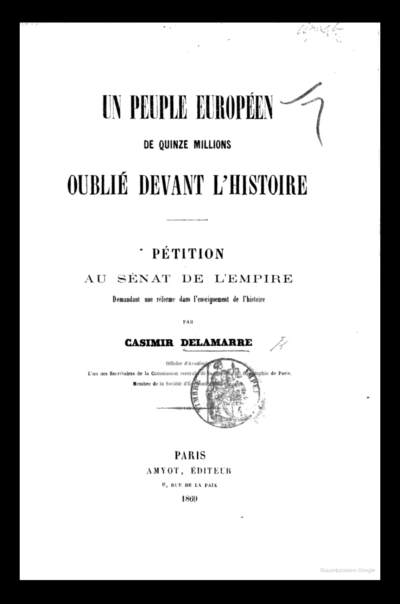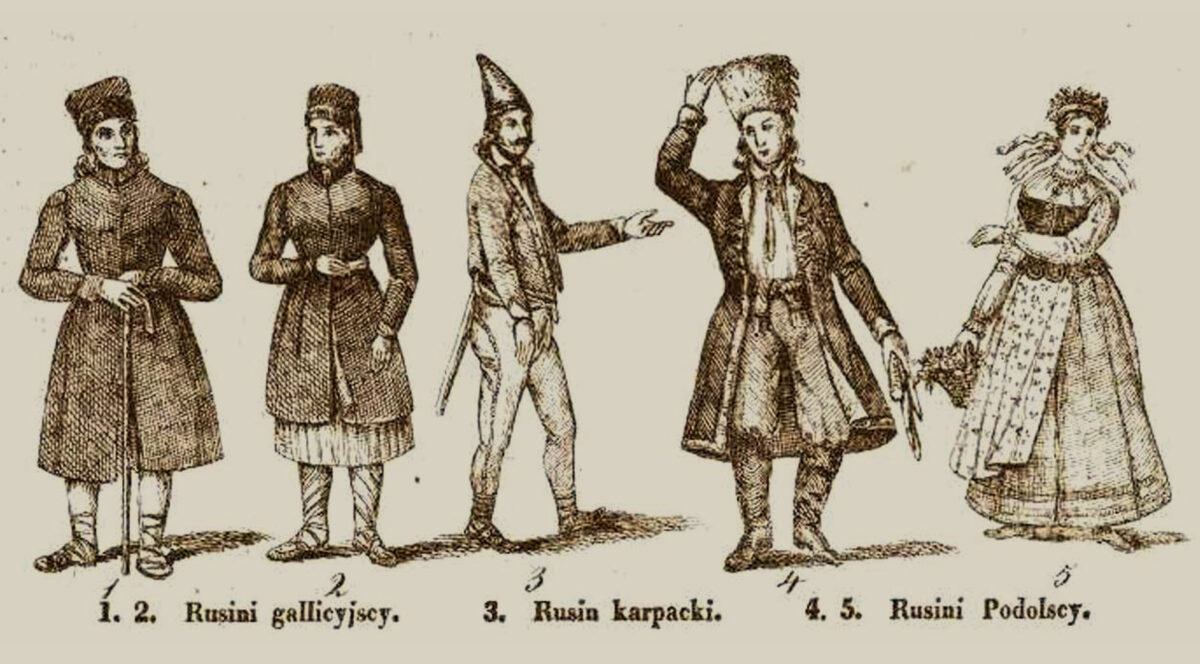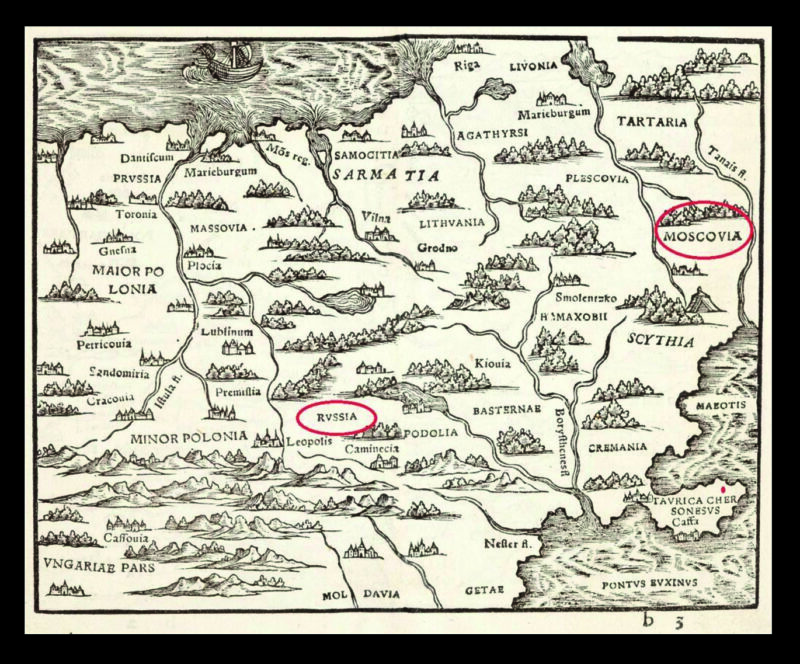160 years before 24.02.22, before a full-scale Russian invasion of Ukraine, in February 1869, French politician, senator and secretary of the French Geographical Society, Casimir Delamarre presented a petition in the Senate entitled “A European Nation of 15 Million Forgotten in History.”
Its goal was (by making changes to the educational program that were implemented in 1870) to open the eyes of French society to the aggressive nature of Russia and its substitution of concepts, this is one of the key moments in the implementation of the petition.
The petition, in its essence and name, was dedicated to Ukraine and the fact that it is actually Rus`, to which Moscovy has no relation, except for occupation. It also contained serious doubts about the Slavic origin of the Moscovites.
The petition called Ukrainians “Ruthenians”, which is actually one of their old names.
Mentions of Delamarre and this document were banned in Russian and Soviet historiography.
In 1991, Ukrainian translator, poet, and literary scholar Taras Luchuk published his own translation of the German edition of the petition and the article but it is still little known today.
Delamarre emphasizes that, firstly, in a place “where three Finnish nationalities lived: Ves, Merya and Muroma”, Yuri Dolgoruky and later Andrei Bogolyubsky created the “Suzdal region”, which was much later renamed “Moskovschina”, “… the name comes not from the city of Moscow, but from the word “moksha” or “motsha”, which in… Turanian dialects means “settlement of the leader of the horde”
“As soon as Moscovy was formed, its goal immediately became clear: to conquer and destroy the Dnieper Slavs and move further west,” because the first thing Bogolyubsky did was burn and plunder Kyiv and Novgorod.
Далі «… правителі Московщини, заручившись підтримкою татар, васалами яких вони були, постійно стреміли заволодіти руськими князівствами й запанувати над ними».
Further, “… the rulers of Moscovy, having secured the support of the Tatars, whose vassals they were, constantly sought to seize the Rus` principalities and rule over them.”
“The Ruthenians (they were previously called Rus’ky or Rusy) lived in the territory between Moscovy and actually Poland but in the last century they were defeated by the conquering Moscovites, who appropriated the name of the defeated people in order to have supposedly legal grounds for their entry into the conquered possessions… Such a deliberate mixing of names allowed the Moscovites to appropriate the history of the Rusy!”
“… in the 13th century. Moscovites were… pagans… of the Muslim and Jewish religions, … did not speak any of the Slavic languages…, [Moscovy] only adopted the dialect with the Christian religion, which later came to be called Rus’kyi. … So the Moscovites are by no means of Slavic origin.”
“The change of the name of Moscovy… contains the entire plan of conquest, which the Petersburg government constantly adheres to…”
“… before Peter I those whom we now call Ruthenians were then called Rusy or Rus’ky, because their homeland was the Rus` land or Rus`, and the current Rusy were then Moscovites and their homeland was Moscovy.
Even under Peter I, the geographer Delisle, in his atlas from 1721, called the state of this ruler… the Moscow tsardom. Later, Moscovy began to be called Velykorossia, and its inhabitants Velykorossy, because it was necessary to distinguish this state from the true Rus` land, and its population from the true Rusy.
“The continuous attacks of the Moscovites on the Slavic population of the Dnieper, that is, on the European peoples, are the most characteristic feature of the history of Eastern Europe.”
“… in Europe there is… a 15-million-strong people of Ruthenians,… they have their own traditions, their own language, distinct… from the Moscovite one,… they have a distinct individuality for which they fight.”



